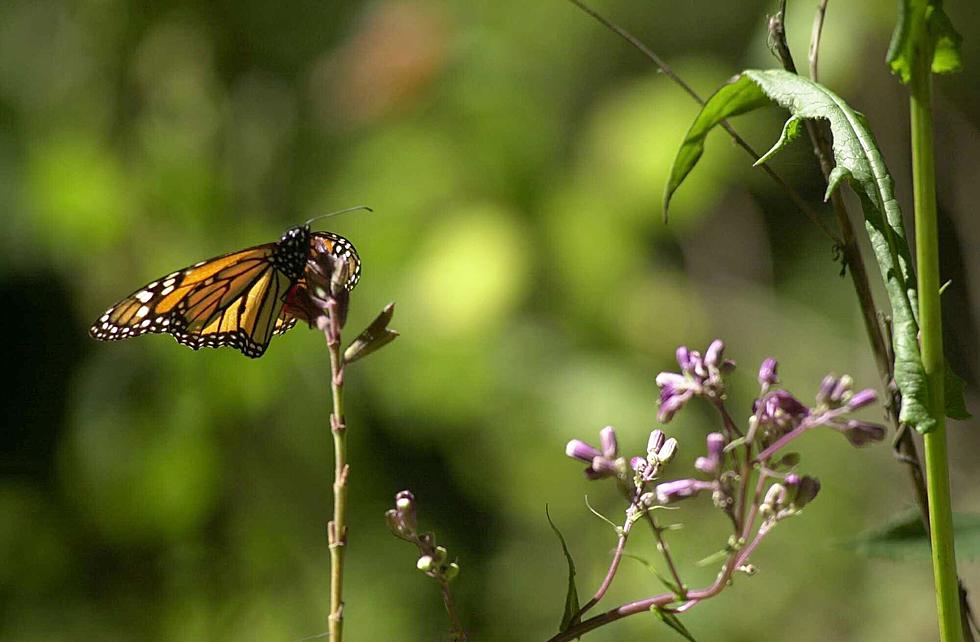
The Abilene Zoo Is Immediately Protecting Its Birds From The Avian Flu

The Abilene Zoo is immediately taking precautionary measures, and staying in line with other similar animal care facilities in Texas. Clayton Carabajal, the Abilene Zoo's Public Relations and Wildlife Conservationist said that they are "closely monitoring and taking steps to protect all their birds from the recent outbreak of avian influenza (HPAI)."
Avian Flu Has Found In Erath County, Texas
The Avian flu was recently documented in Erath Country here in Texas. The report was addressed by the United States Department of Agriculture’s (USDA) Animal and Plant Health Inspection Service (APHIS).
Protecting the Zoo's local bird population from the deadly disease means that zookeepers are removing some of their bird populations from the outdoor habitats and exhibits where exposure is at a greater risk.
Avian influenza (HPAI), is a viral respiratory disease that is found in birds. So, to further protect the Zoo's bird population, they have stopped their wild bird feeding stations, to decrease the number of wild birds in or around the zoo.
In a recent press release, Carabajal stated that: "The severity of avian influenza can range from a mild infection to a much more acute, contagious illness that can be fatal to birds. Wild birds, especially ducks and geese, are natural carriers of the type A flu viruses and generally have no illness.
However, certain strains cause outbreaks in wild birds and the virus is transmitted through bird-to-bird contact and the risk to humans is small. As a precaution, for the health and well-being of our birds, we are relocating those that may potentially have direct contact with wild waterfowl. Those birds include geese, whooping cranes, marabou storks, African crowned cranes, flamingos, and other members of the Zoo's bird collection."
Source: Clayton Carabajal and The Abilene Zoo Press Release
Clayton told me that "the zoo personnel will also be taking additional precautions with personal protective equipment (PPE). In addition, the Abilene Zoo consistently surveys Zoo and wild birds for this disease and there have been NO positive results to date.
Furthermore, the Abilene Zoo leadership and veterinary team will be monitoring the situation closely. For further updates visit the Abilene Zoo's website.
WATCH OUT: These are the deadliest animals in the world
LOOK: Stunning animal photos from around the world
More From 92.5 The Ranch









